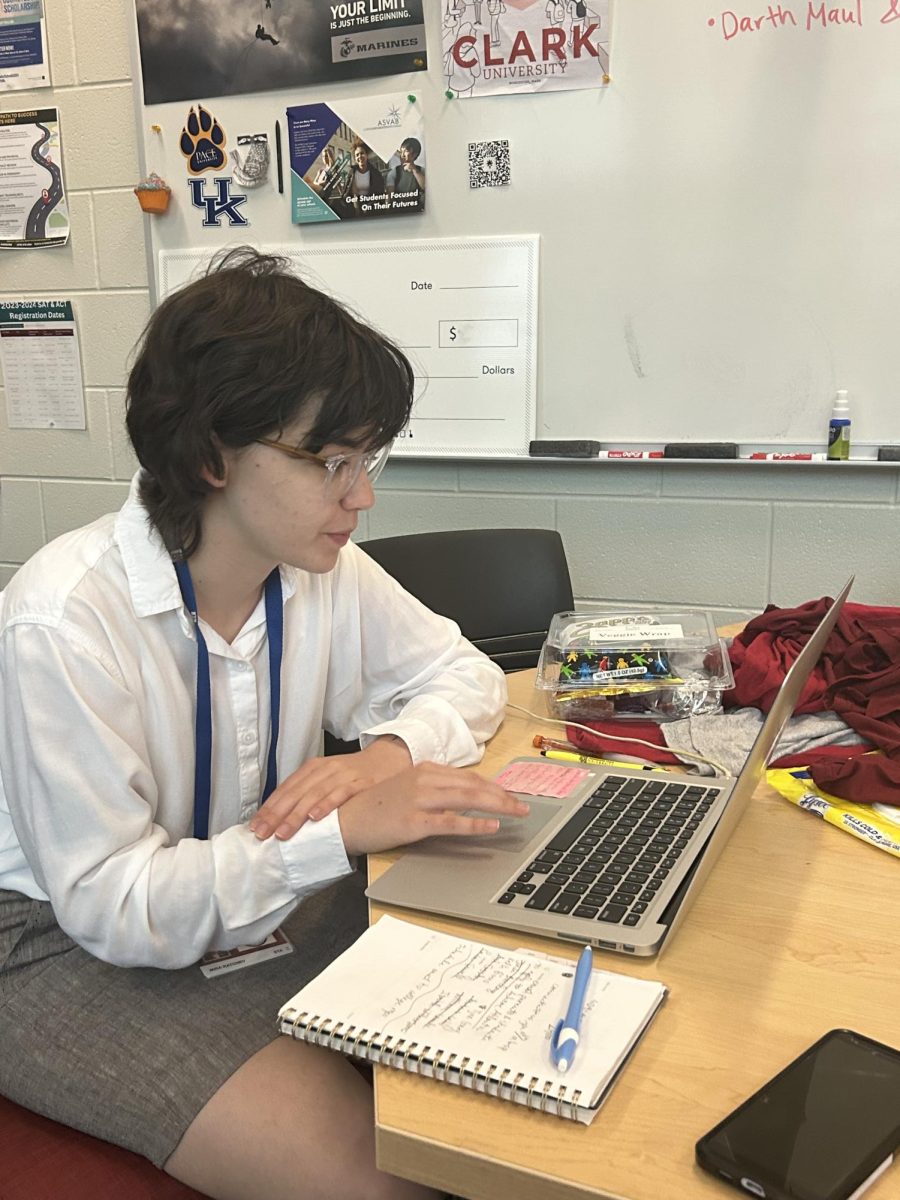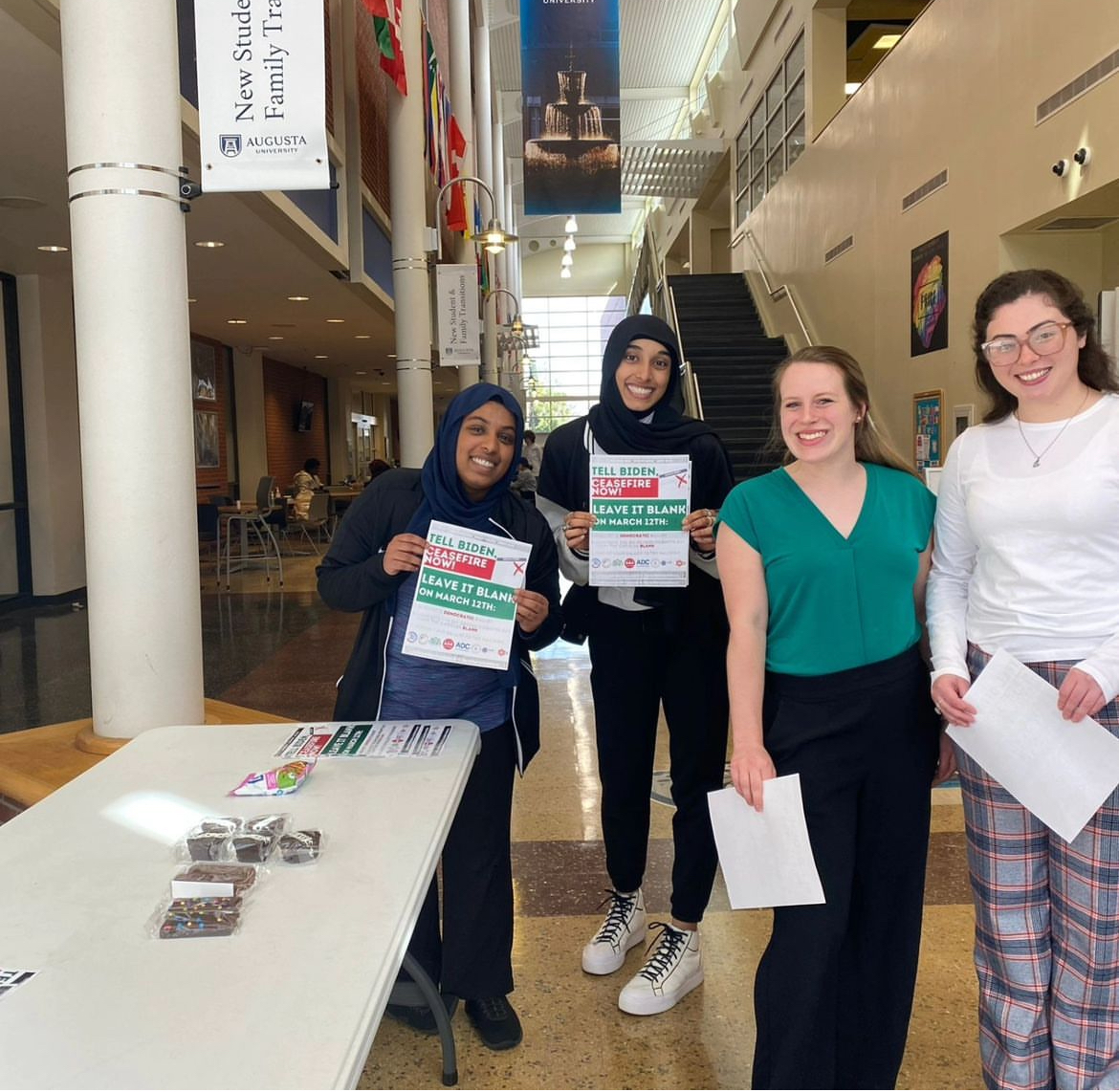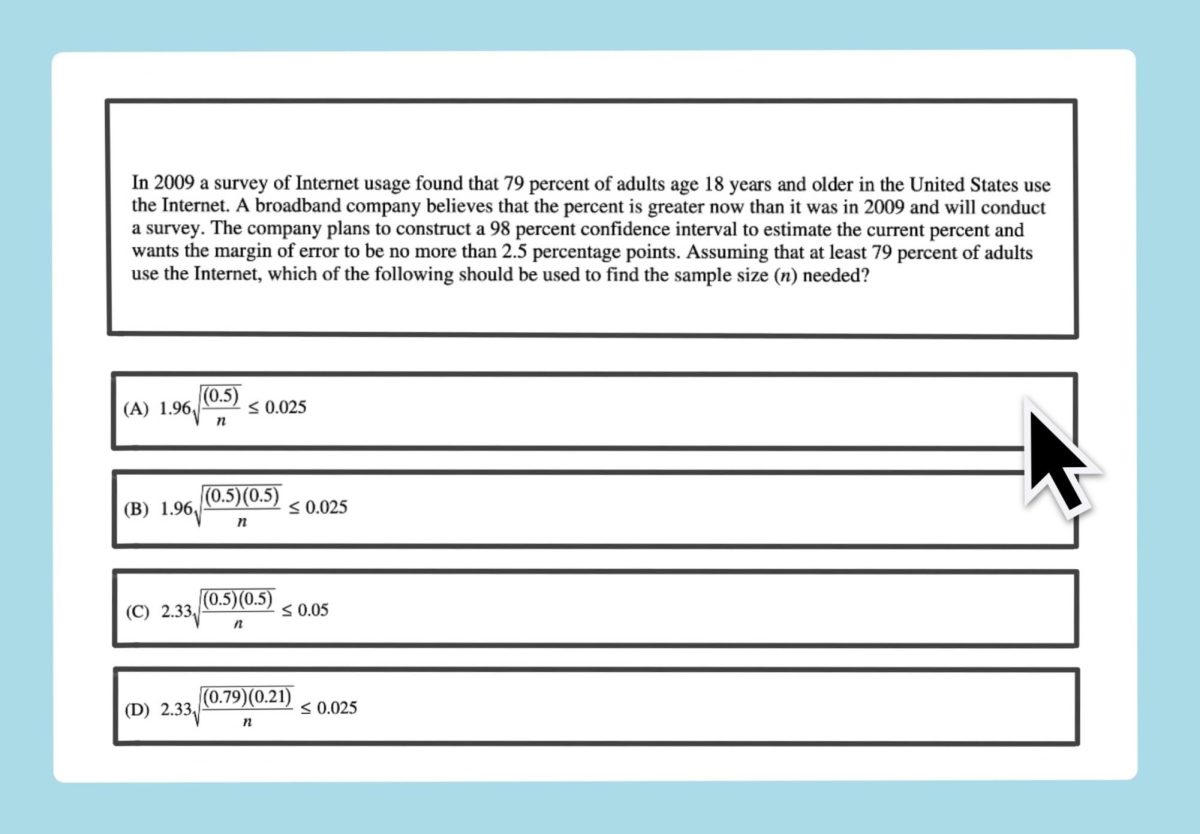It’s little known and little noticed, but Grady’s special education program is hard at work to provide equal education for everyone.
This year, two new teachers joined the program, improving the teacher-to-student ratio and helping grapple with the challenges of special education.
Most of the teachers in the program have been at Grady less than three years. There are about 120 students in the program with about 13 to 14 teachers. The students range in age from 14 to 20 years old and are allowed to stay in the program until their 22nd birthday.
Special education teacher Brian Leahy said although the new teachers help, to improve the program, they still need more faculty members to help lead administrator Miz Holmes-Ferguson handle all responsibilities.
“I feel that having our lead administrator required to teach a class takes away from accomplishing many of the things that are needed to be done daily by her,” Leahy said.
Leahy also said the program could be improved by adding a secretary to help with administrative work such as setting up meetings with teachers, parents and school administrators. Since teachers are often not available at the same time, trying to find a time that works for everyone takes away from Leahy’s ability to focus on the children themselves.
State Special Education Director Deborah Gay said she also believes that the program could be improved.
“I think that if you asked anyone in education if there were enough resources, probably the answer would be no,” Gay said.
Despite this, Gay said schools need to be able to provide all students with access to education. Gay also said the state wants to incorporate students into general education classes as much as possible.
According to the APS website, students qualify for the special education program for a number of reasons, including autism, behavioral and emotional disorders, intellectual disabilities and a number of other impairments.
To be accepted into the program, students must go through a structured process. First, a student must be identified as having an educational disability. Then a team composed of teachers and administrators look through data on the student. Finally, the teachers and administrators meet with a school psychologist to determine the best option for the student.
Students can have an Individual Education Program (IEP) or a 504 Plan. The IEP maps out the students’ yearly goals and objectives. It is created by a teacher working with the Special Education Program.
“The IEP outlines the areas of needed support, it outlines any supplemental service the student would need [and] it outlines some very specific goals or skills that the student needs support with in order to access education,” Gay said.
Leahy said each teacher has 15-20 students for which they write and update IEPs. The IEP is updated annually to account for any changes that need to be made throughout a student’s high school experience.
The 504 Plan requires less involvement from teachers certified in special education. Instead, general education teachers are provided with additional methods for teaching those certain students. Gay explained that students with 504 Plans don’t necessarily need to be taught by a certified instructor.
“It may be that it’s a student with some attentional issues,” Gay said. “They don’t need specialized instruction. They may just need a little bit of alteration to the environment.”
Gay gave examples of alterations such as placing a student in the front row, receiving an outline of notes in advance, or allowing more time on a test.
Junior Hope van Duyne is one of the students who needed more time on standardized tests due to her medically diagnosed ADHD.
Although she has had IEPs in the past and has been diagnosed and re-diagnosed with ADHD, she was unable to attain an IEP at Grady.
“There were a bunch of meetings and they took away my IEP saying that because I had straight A’s, I didn’t need it,” van Duyne said.
Business and Entrpeneurship academy leader Willie Vincent is part of the IEP team that determines whether an IEP or 504 Plan is appropriate for a student. Vincent explained that Georgia looks at statistics to determine whether a student is “average” or if his or her condition or disability affects learning. If he or she meets these standards, meaning the condition does not seem to have an effect on learning, Georgia regulations determine that that student does not need an IEP.
“You cannot give that child an IEP or a 504 Plan because what it would do is it would create an unfair advantage for that student,” Vincent said.
Despite challenges, Leahy said Grady has one of the best programs with which he has worked. He has taught in special education programs at multiple other schools and school systems including Gwinnett, Clayton, and schools in Philadelphia. Grady’s program is different, he said, because it is better organized and has better parental support than other schools. He saideveryone always seems to be working for the good of the students.
However, Leahy said it’s hard for teens to be singled out as different.
“I feel that every student deserves the typical American high school experience,” he said. “Our job is to help all students accomplish that.”







